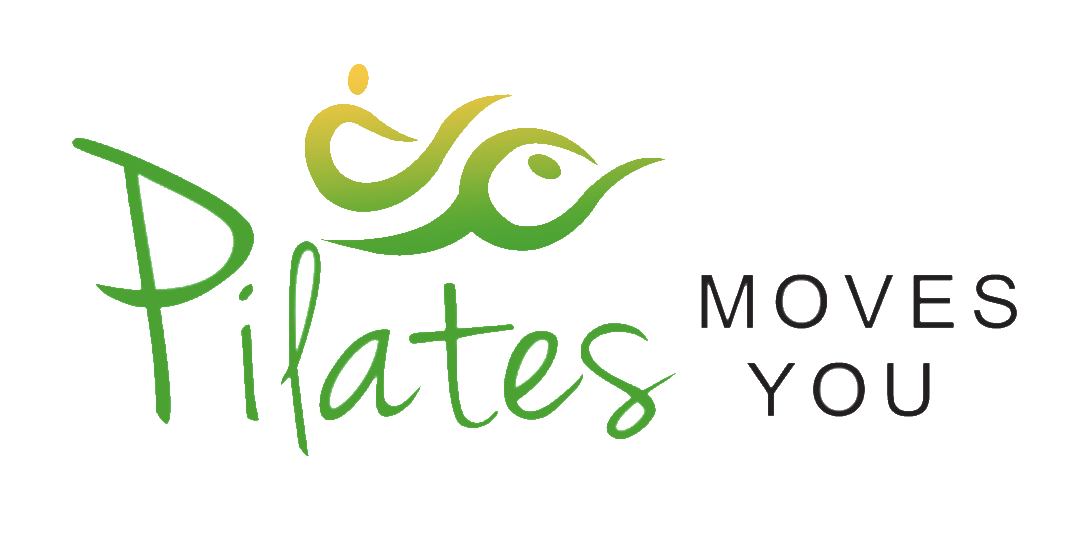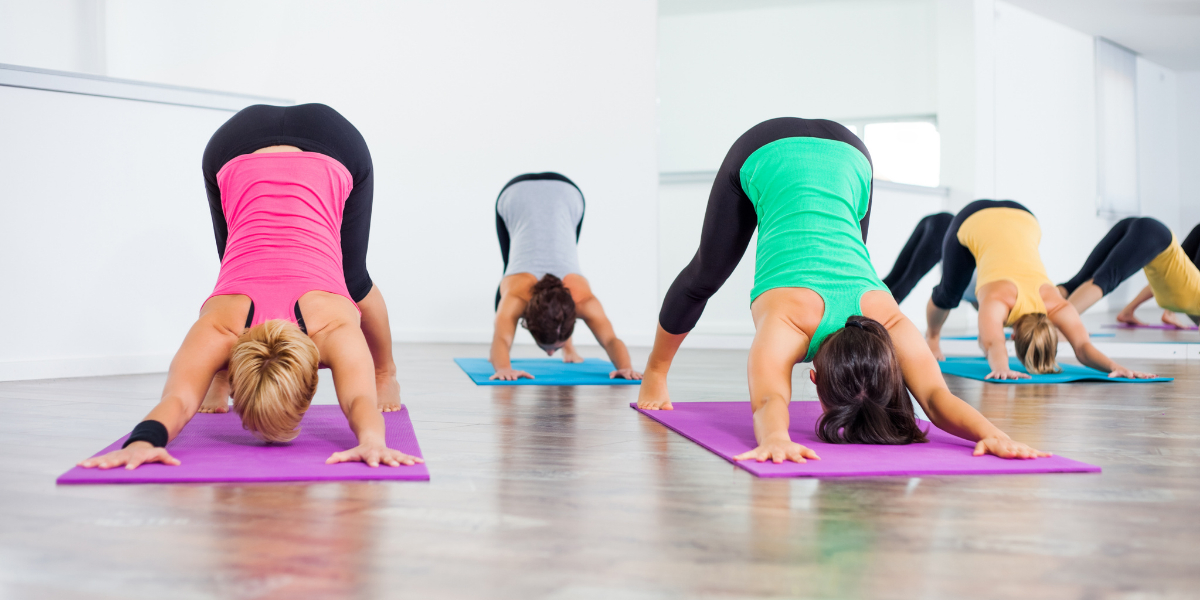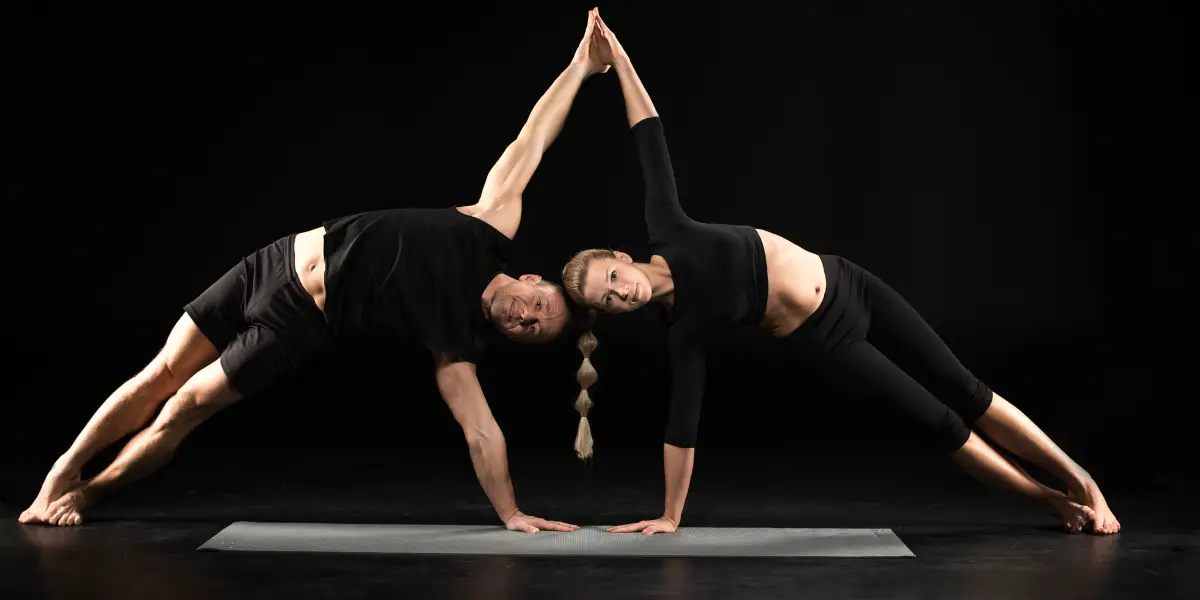Pilates strengthens the body, improves flexibility, and promotes proper alignment. The exercises are designed to challenge the body safely. But is doing two Pilates classes per week enough to bring about the desired results?
Doing two Pilates classes a week is enough if you supplement it with other forms of exercise. But if you want the full benefits of Pilates, like improved posture, and increased core strength and stability, then it may be beneficial to increase the frequency of your Pilates classes.
Many fitness professionals suggest that beginners start with two weekly classes and gradually increase as they become more comfortable with the movements. Let’s delve deeper into the benefits of doing two Pilates weekly classes.
What To Expect if You Take Pilates Classes Twice a Week
Taking Pilates classes at least twice a week can help boost not only your physical health but also your mental health.
Physical Health Benefits
If you take Pilates classes twice a week, you can expect to see some improvements in your overall strength, flexibility, and posture. Pilates exercises target the deep core muscles, which are important for stabilizing your spine and improving balance.
Over time, regular Pilates classes can help you build a strong core foundation, making it easier to do more advanced exercises. Pilates movements are low-impact and gentle, making them suitable for all fitness levels.
As you become more familiar with the exercises and practice them regularly, you will be able to move with more confidence and grace. By consistently performing these exercises, you may notice an increase in muscle tone and a decrease in any muscle imbalances.
Mental Health Benefits
In addition to physical benefits, Pilates can also help improve your mental focus and body awareness. The controlled, precise movements of Pilates require concentration, which can help you develop a better mind-body connection and improve your overall sense of well-being.
Note that the frequency and intensity of your Pilates practice and your overall lifestyle and diet can affect your results. Participating in Pilates regularly can also yield better results. Still, your specific frequency may depend on your individual goals and fitness level.
Want to learn about even more benefits? Check out this article: 23 benefits of Pilates
How Many Pilates Classes Should You Do Per Week?
In general, it is recommended to participate in Pilates at least two to three times per week to see consistent progress. This can provide enough stimulus for the body to see improvement while allowing for adequate rest and recovery between sessions.
However, two Pilates classes per week may be enough to start feeling the benefits if you’re just starting out. Depending on your fitness level and lifestyle habits, this could mean more than two weekly classes.
For instance, if you’re already in shape and have a fairly active lifestyle, two classes per week should be enough to improve your core strength and flexibility.
On the other hand, if you start from a lower fitness level or have more sedentary habits, two classes per week may not be enough to see the desired results. It may not be enough if you want to make specific changes to your body,such as trimming down or toning certain areas.
To make significant changes to your body, you may need to increase the frequency and intensity of your Pilates classes. However, it may be best to do so gradually.
What To Consider Before Increasing Your Pilates Classes
If you decide to increase the frequency of your Pilates classes, there are a few things you should consider.
1. Current Fitness Level
The intensity of your classes should be tailored to your fitness level. If you’re just starting out, take things slow and allow yourself enough time to build strength and endurance. As you become more comfortable with the movements, you can gradually increase the intensity of your workouts. The key is to progress in a safe and controlled manner.
2. Overall Health and Well-Being
Your overall health and well-being should take precedence over any fitness goals. Get enough rest and recovery time between sessions, particularly if you’re a beginner. Ensure that you eat a balanced diet with plenty of nutrient-rich foods to fuel your workouts and help your body recover faster.
3. Lifestyle and Schedule
If you already have a busy lifestyle, try to fit in Pilates classes around your current commitments to stick to your routine. Figure out how many classes you can realistically attend without compromising on the quality of each session or your overall well-being. This will ensure that you can stay consistent and motivated.
4. Fitness Goals
The number of classes you attend should be based on your fitness goals. If you want to make significant changes to your body, two or three classes per week may not be enough. For example, toning certain areas of your body may require more regular classes. This is why it’s important to determine your goals and how often you need to work out to achieve them.
5. Physical Limitations
Injuries and other physical limitations may prevent you from attending Pilates classes more than twice weekly. Talk to your doctor or a qualified instructor to find out if it’s safe to increase the frequency of your classes. You may need to adjust the intensity or modify certain movements to accommodate physical limitations.
The Benefits of a Consistent Pilates Practice
A consistent Pilates practice can benefit your body, mind, and overall well-being. Some of the potential benefits of practicing Pilates regularly include the following:
1. Increased Flexibility and Strength
The key benefit of Pilates is that it helps you gain flexibility and strength without putting your body under too much strain. With regular practice, you can see a noticeable improvement in your flexibility and strength over time.
The repetitive nature of the exercises helps you become more efficient at controlling and coordinating your movements, leading to better overall body control.
2. Improved Posture
Pilates focuses on strengthening and improving postural muscles, which can help correct posture-related issues such as slouching. By paying attention to your alignment during each exercise, you can learn to stand taller and move more gracefully. This can lead to better posture, improved balance, and a more confident overall appearance.
3. Reduced Stress Levels
Practicing Pilates can help reduce stress levels and improve your overall mental well-being. The breathing exercises incorporated into Pilates classes can help to relax the mind and body, helping you to stay grounded and focused. Slow movements also help clear your mind of distracting thoughts, allowing you to be more present in the moment.
4. Enhanced Athletic Performance
The core strength, balance, and control you gain through regular Pilates classes can help to improve your performance in other physical activities such as running, cycling, and team sports.
By learning how to control your movements and engage the right muscles, you can become more efficient in your movements and increase your overall athletic performance. You may also become less prone to injuries by practicing Pilates regularly.
5. Improved Coordination
The coordination required during a Pilates class can help you to become more mindful of your body and how it moves.
This improved awareness can help you become more coordinated in everyday life, from learning to do basic chores such as vacuuming or cleaning the dishes to improving your coordination in sports or dance. The improved coordination can also help you move more gracefully and accurately.
Final Thoughts
Two Pilates weekly classes can greatly improve your flexibility, strength, and overall well-being. Consider your goals and any physical limitations you may have when deciding how often to attend classes.
Talk to a qualified instructor if you need help determining the right frequency for your practice. With a consistent Pilates practice, you can enjoy numerous physical and mental benefits that will help you live a more balanced lifestyle.
Sources
- Cleveland Clinic: How Many Days a Week Should You Workout?
- Pilates MOVES YOU: Is It Safe to Do Pilates After a Knee Replacement?
- Selecthealth: Why I Love Pilates
- Methodist On Health: 5 Benefits of Pilates That May Convince You to Add It to Your Workout Regimen
- National Library of Medicine: Pilates: how does it work and who needs it?




